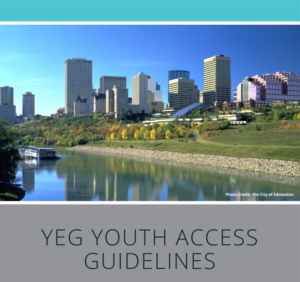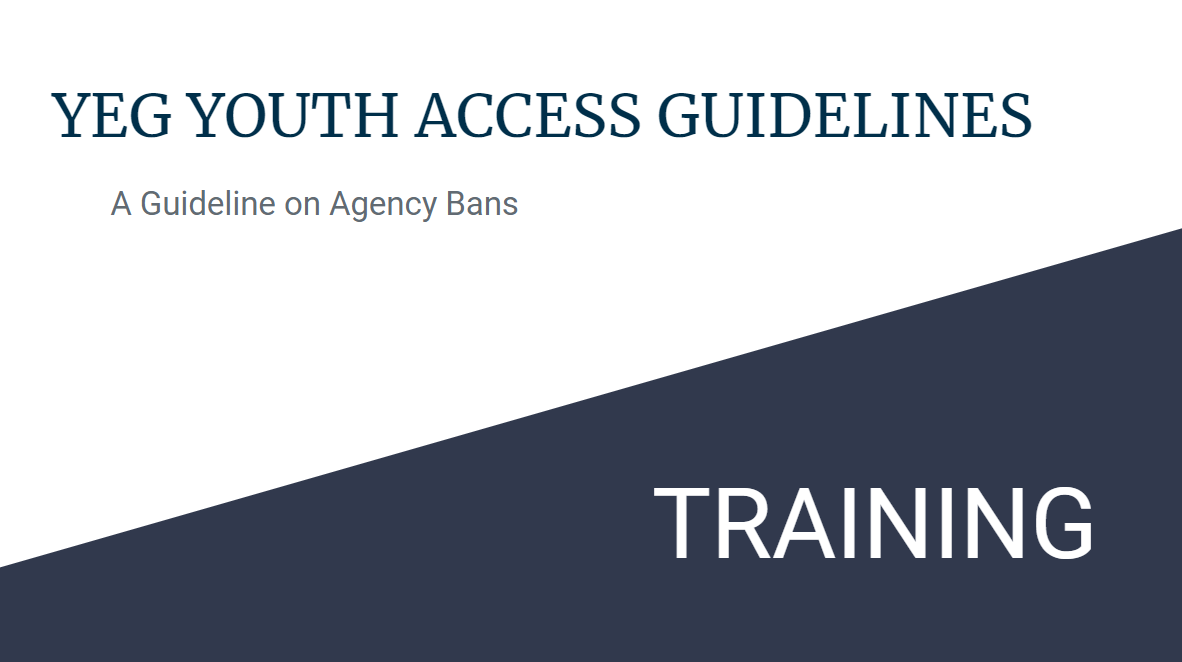PHASE TWO: ROUTES TO HOMES (2013)
Routes to homes piloted a transit access program, conducted in partnership with the University of Alberta, and funded by Homeward Trust Edmonton. 40 youth received transit passes or tickets for 3 months. A decrease in interactions with transit authorities and an increase in employment and stable housing were observed during the project.
PHASE FOUR: YOUTH BANS PROJECT (2015-2017)
39 youth shared their experiences, perspectives, and recommendations on being banned from an area, service or property. 15 service providers also shared their recommendations, and an environmental scan reviewed information about local banning policies. This project was funded by the Government of Canada’s Homelessness Partnering Strategy through Homeward Trust Edmonton’s Community Research Projects funding.



